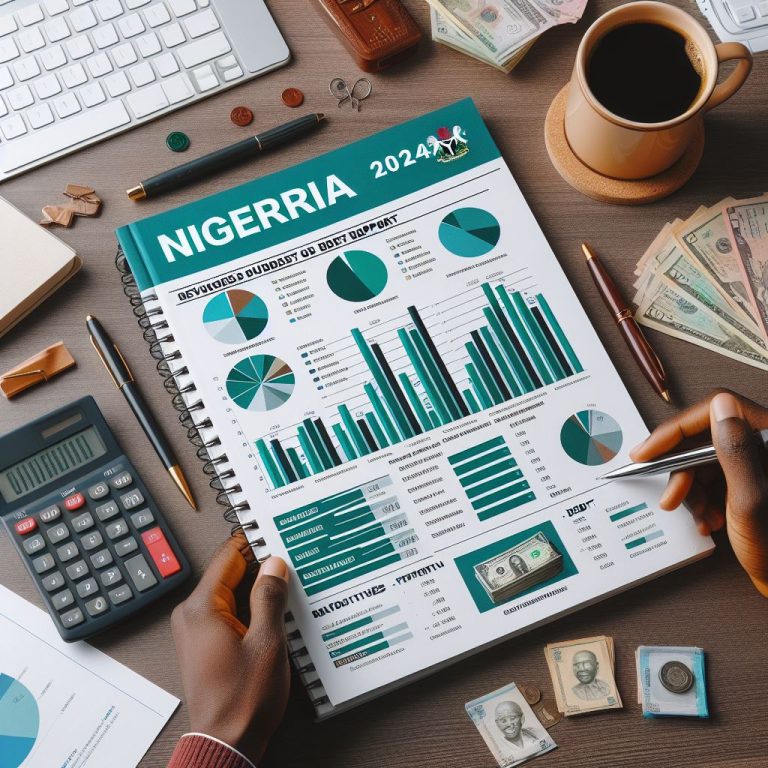The government’s ambitious fiscal plan for 2024, amounting to a substantial N27.5 trillion, sets the stage for Nigeria’s economic advancement. Out of this budget, N9.92 trillion is dedicated to regular expenses, N8.25 trillion to pay off debts, and an impressive N8.7 trillion for important investments. It’s evident that almost half of the total money expected is earmarked for settling debts, showcasing the government’s strong commitment in this regard.
The projected budget deficit of N9.18 trillion, around 3.88% of the country’s income, marks a decrease from last year’s figures. However, the reliance on methods like borrowing N7.83 trillion, gaining N298.49 billion from selling assets, and taking loans worth N1.05 trillion from various sources raises concerns about Nigeria’s long-term financial stability.
The increase in regular expenses, especially because of expected changes in the civil service and considerations about minimum wages, hints at a possible decrease or a slow increase in spending in the coming years.
The huge debt payment of N8.25 trillion, accounting for 45% of the expected revenue, is significant. A big part of this goes to the Central Bank at an interest rate of 21.5% a move by the government to reduce interest rates and make it easier to repay debts.
But having a budget gap of over N9 trillion without removing subsidies or fixing the exchange rate is worrying. If subsidies were still around, the gap might have been even larger at N17 trillion. This could cause inflation, higher interest rates, unstable money, and slower economic growth. Relying on borrowing from outside can help but also brings risks. This highlights the need for agencies that make money for the country to step up their efforts.
Setting aside N8.7 trillion for important investments shows the government’s interest in attracting private money. With the government pitching in N8.7 trillion, they expect big investments from private businesses next year. Choosing to borrow from outside aims to save the country’s money for these essential projects.
Nigeria’s plan for 2024 smartly divides resources among different areas like debts, managing the money they don’t have, everyday expenses, and important investments. The government’s challenge lies in using outside resources while encouraging local investments to ensure the country’s growth continues steadily.

